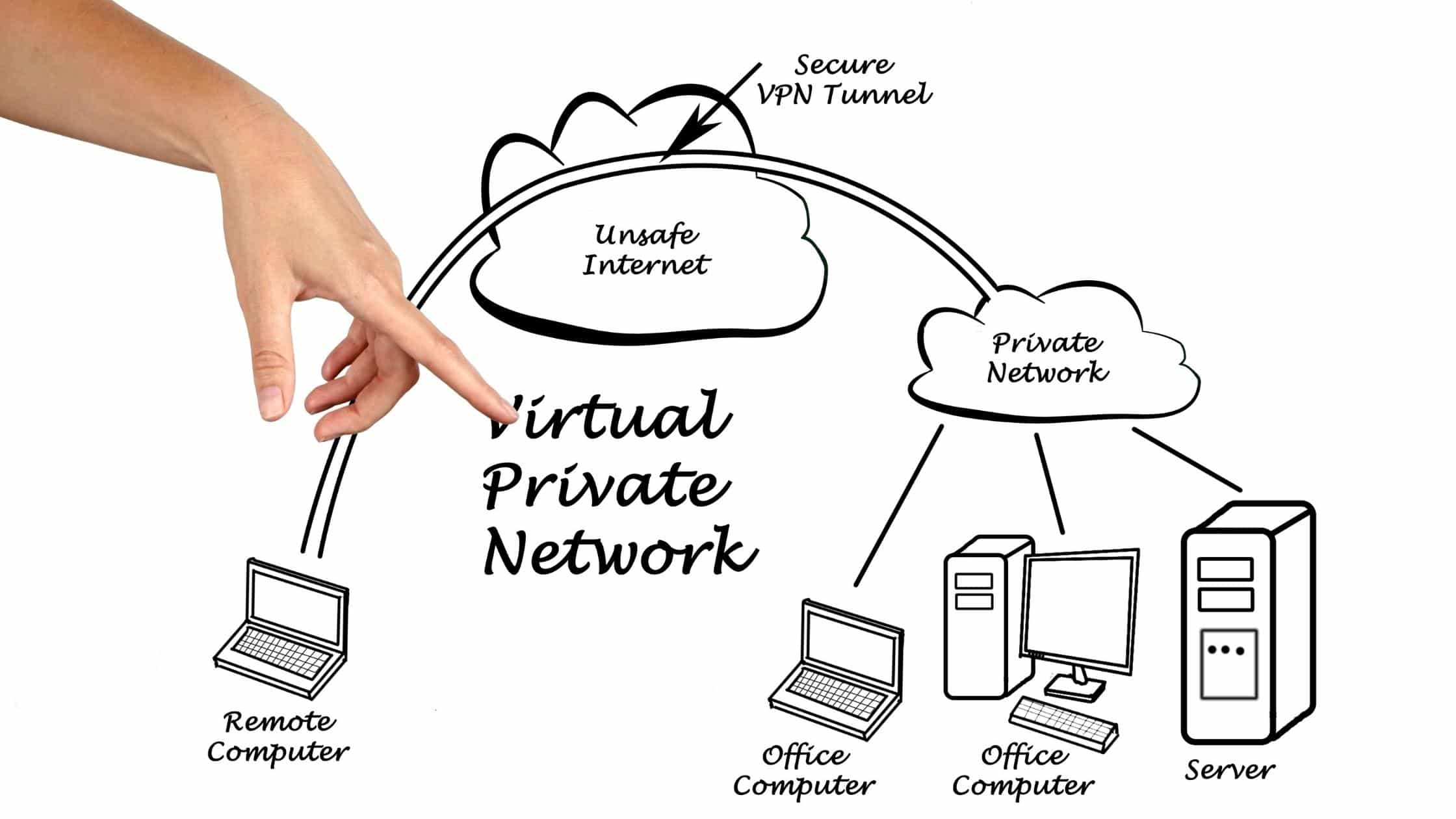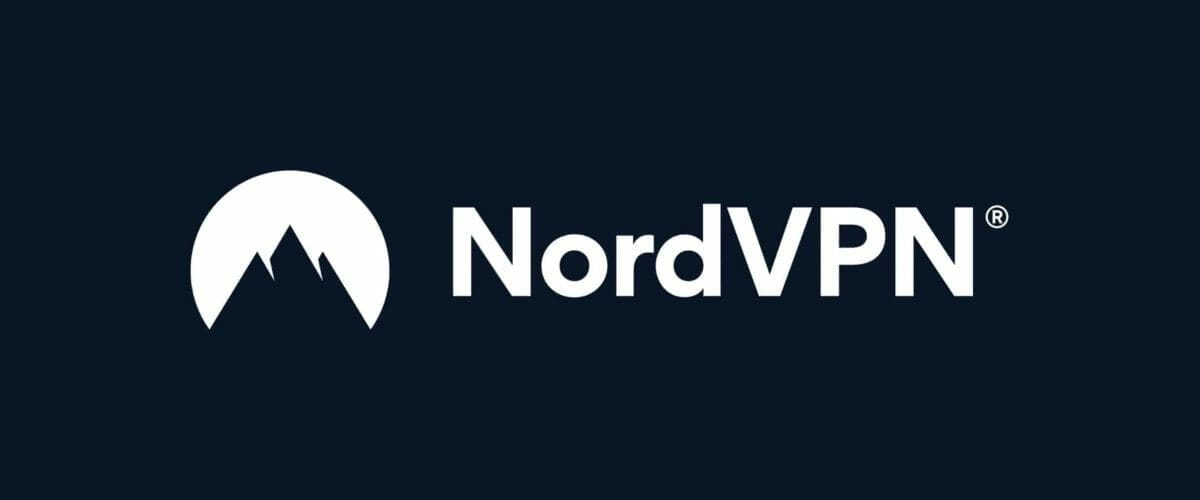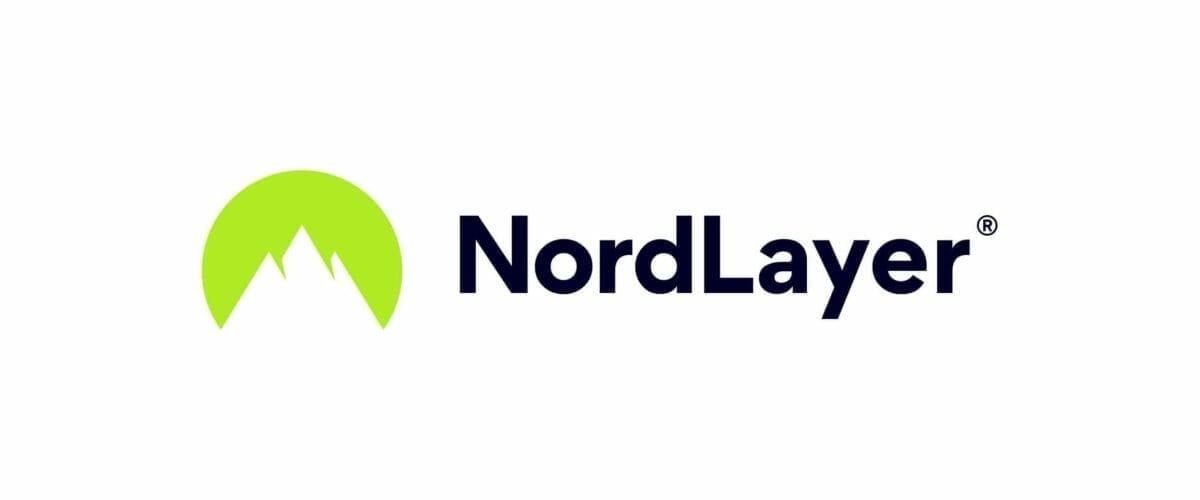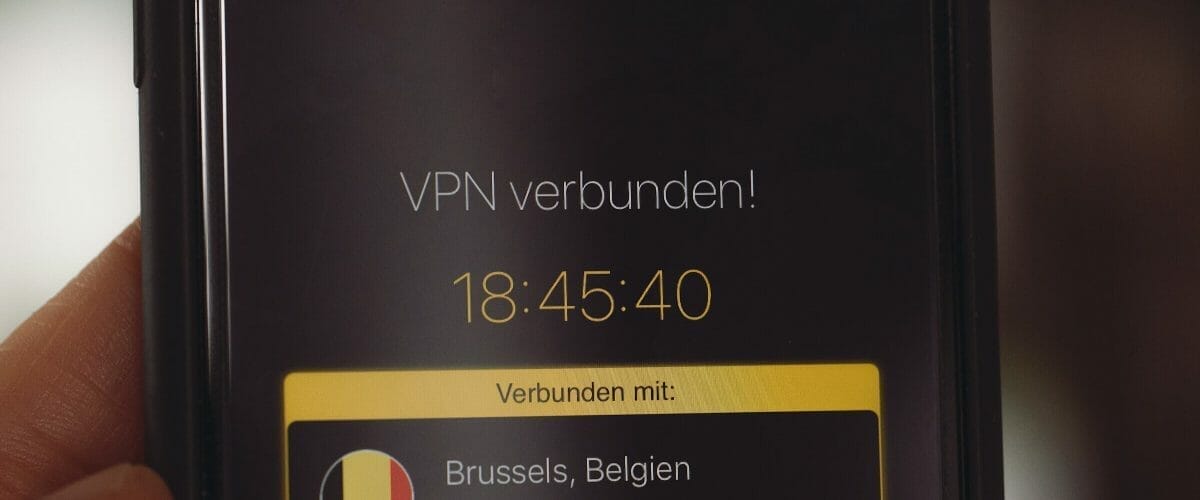Here are the latest and probably the best VPN deals right now:
- Now get 83% off on Atlas VPN (which is just $1.83 per month).
- Get 84% off on Surfshark.
- Namecheap’s FastVPN can be tried at just $0.99 per month.
- Looking for the VPN that I always use? It is NordVPN – the best but not the cheapest.
| VPN Service | Pricing | Trial | More Information |
|---|---|---|---|
| Atlas VPN | Free with Limits $9.99 for 1-month $29.88 per year $50.0 for 3 years | Free to Use Forever | Open VPN Page |
| Nord VPN | $11.95 per month $59 per year $89 for 2 years | Yes | Open VPN Page |
| Namecheap VPN | Free for 1-month $12 per year | One Month Free Trial | Open VPN Page |
| iPro VPN | $0.99 for 7 Days $10 per month $49.95 for 2 years | $0.99 for a week | Open VPN Page |
| Ivacy VPN | $9.95 per month $42 per year $59 for 2 years $80 for 5 years | Not Available | Open VPN Page |
| Panda VPN | $9.99 per month $20.99 for 3 months $23.99 for 6 months $29.99 per year | Not Available | Open VPN Page |
| VPN | $0.99 for 7-days $10.95 per month $69.95 per year $79.95 for 2 years | Available | Open VPN Page |
| Bluf VPN | $9.99 for 1-month $41.88 for 1-year $72.00 for 3-years | Not Available | Open VPN Page |
| Potato VPN | $11.99 for 1-month $71.99 for 1-year | Free Trial Available via App Stores | Open VPN Page |
| Fastest VPN | $10 for 1-month $29.95 for 1-year $39.95 for 3-years | Free Trial Available | Open VPN Page |
Skip to:
What is a VPN?

VPN or Virtual private network is a client-based service that appears as if a device’s traffic is coming from a different IP address. VPN uses a system that routes traffic through remote servers before sending it on to its intended destination.
When a VPN is turned on, it encrypts data as it’s sent over the network connection and then sends the traffic through a secure server. Encryption is what secures the connection and prevents others from rifling through someone’s internet traffic. Best VPN services make use of different connection protocols – each brings different benefits and downsides to the table.
The server acts as the replacement IP address for the connection and decrypts the data before sending it on. VPN services usually have servers in multiple locations across the globe, and their clients can connect to a server in the location of their choice.
VPNs catch a device’s traffic at the operating system level – which means everything is routed through the VPN. That includes traffic sent through a web browser, application, and even the OS itself.
Best VPN Services

NordVPN
Browse privately and access blocked content with NordVPN. Comes with the fastest servers, unlimited bandwidth, best latency and great support.

Namecheap VPN
One of the cheapest VPNs in existence but equally reliable and comes with more than enough server locations.

Atlas VPN
Atlas VPN lets you browse privately by changing your IP address and encrypting your connections. Very fast servers.

NordLayer
Hardware-free secure networking solution for businesses. Take your business online safely with NordLayer. Powered by the expertise of NordVPN.

FastestVPN
One of the fastest VPN services ever. All plans of FastestVPN come with a password manager and bonus cloud storage.
See: NordVPN Review
How does a VPN work?
Security and privacy are the primary purposes of a VPN. To achieve these core functionalities, a VPN encrypts your internet traffic, both incoming and outgoing via a tunnel. The encrypted traffic passes through a specified server – provided by the VPN provider – which connects your device to the outside world (the internet). To truly know how a VPN works, below are some factors and entities to look at:
- Encryption – Encryption is one of the important factors and components that a VPN uses to ensure security. Encryption is the use of algorithms that convert your VPN traffic to unreadable data. Encryption can be likened to a lock and a key. The stronger the encryption, the more secure a VPN is.
- Protocols – protocols are standards that determine and govern how communication is done on a network/channel. In a VPN, also establish how fast and secure the communication channel will be. Different VPN providers offer different protocols depending on the intended functionality. These protocols can be changed manually.
- Logging policies and jurisdiction – these are entities that broadly affect the VPN service provider and the user. They also determine the security and privacy of your data while using a VPN service.
Logging policies state what type of data a VPN provider collects. Some data can implicate a VPN user and hence violate their privacy. Jurisdiction concerns the data retention laws that are put in place in the state/country where a VPN service is located.
Who needs a VPN and why?
Regarding the current state of the internet, a VPN is a necessity that anyone who accesses the internet should have. Here is why:
- Security and Privacy: When surfing the internet, you might be under constant surveillance by your Internet Service Provider (ISP), government agencies and even cybercriminals. Surveillance violates your privacy while cybercriminals may violate the integrity of your data and make you vulnerable to internet attacks.
- Anonymity: Through security and privacy, a VPN can provide an acceptable level of anonymity. When you are anonymous, you don’t have to worry about being tracked or monitored.
- Access to content: Apart from security, another accrued function you get when using a VPN is gaining access to restricted online content. By using geo-restrictions, content providers may not deliver specific content to users of certain countries.
A VPN service is all about security and protection of your other entities such as privacy. Other accrued functionalities also ensure that your online freedom is intact, you are not vulnerable to cyber threats, and you also gain access to global content.

